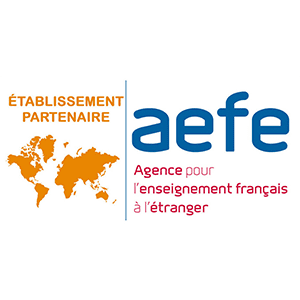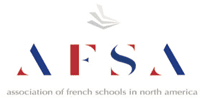Why Do Children Learn Languages Faster than Adults?
It’s a well-known fact that children pick up languages more easily than adults, and research supports this claim. But why is this the case? In this blog, we’ll explore the various factors that explain why children are better and faster at learning languages than adults.
The Environmental Advantages Children Have When Learning Languages
Children have certain environmental advantages when it comes to learning languages that most adults don’t have. Unlike older children and adults, children aren’t formally instructed in language. Instead, they learn by being immersed in multilingual environments and passively “absorbing” the language through contact. For adults, immersion can be effective but costly. Children, on the other hand, have more time and energy to devote to language learning, and aren’t inhibited by anxiety or self-doubt, they learn much faster through immersion.
In addition, children aren’t judged as harshly as adults when it comes to language competence. They’re also less likely to be tested and feel less pressure to perform. This allows the learning process to be more natural and playful.
The Cognitive Advantages Children Have When Learning Languages
Children also have a cognitive advantage when it comes to learning languages. Babies and children form neural connections at a rapid pace, which makes learning new languages easier. As the brain develops, it becomes more specialized and reinforces the neural pathways that are regularly used. This is why those who learn a language at a very young age have the accent of a native speaker. Later in life, the brain’s neural shortcuts force us to fall back on the sounds and phonemes of languages we already know.
It is because of the brain’s elasticity and rapid neural formation that babies and young children are able to learn languages at a faster rate. This is sometimes referred to as the “critical period”. It is theorized that if a child does not learn any language, including non-verbal languages, during this time period that they may never be able to learn any language, because the necessary neural foundation for it has been permanently damaged. We can’t know the answer to this question because testing it would be inhumane.
The Critical Period of Language Learning
It’s difficult to determine which factors contribute the most to children’s superior language learning abilities. However, we do know that the earlier a child is exposed to language, the better. It’s theorized that if a child doesn’t learn any language during their “critical period,” they may never be able to learn a language effectively and easily in the later years of their development, because the necessary neural foundation for it has been permanently damaged.
At Tessa International School in Hoboken, we offer fully immersive bilingual environments that allow children to learn languages naturally. Don’t miss the critical years for language learning – visit us today to learn more!


















